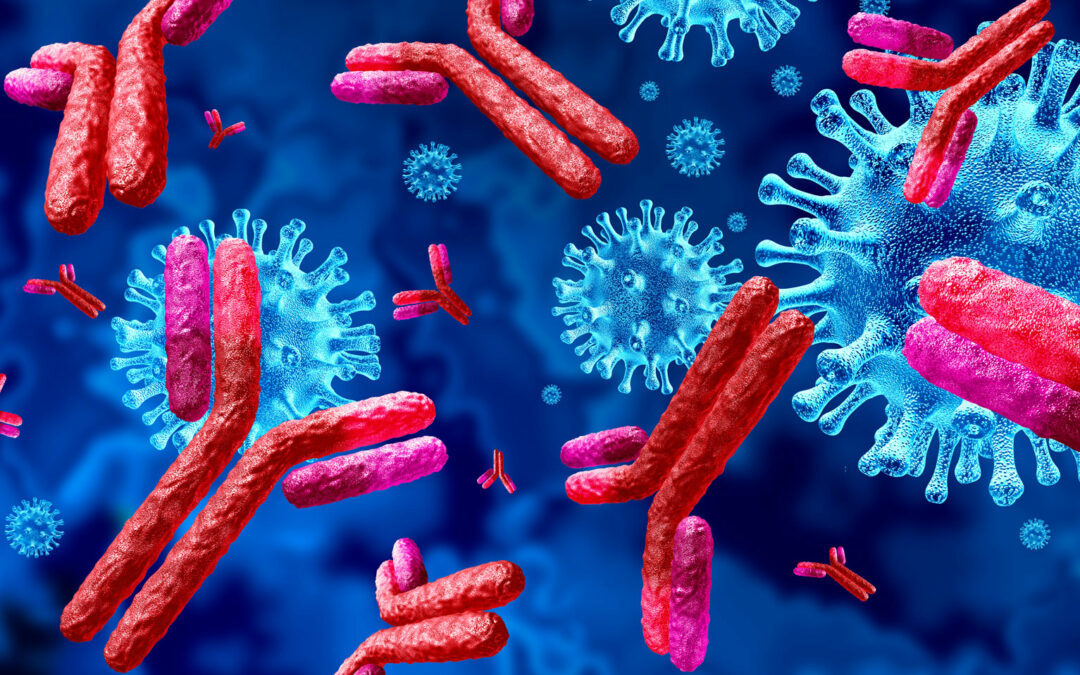Immunoglobulin deficiencies are a group of disorders characterized by a weakened immune system, resulting from insufficient levels of immunoglobulins, also known as antibodies. This deficiency can leave individuals susceptible to various infections and illnesses. In this blog post, we will explore the causes, symptoms, treatment options, and lifestyle changes associated with immunoglobulin deficiencies. Additionally, we will delve into the connection between immunoglobulin deficiencies and hemophilia and provide insights on improving overall immune system health.
Causes of Immunoglobulin Deficiencies
Immunoglobulin deficiencies can arise from both genetic and acquired factors. Primary immunodeficiency disorders, often genetic in nature, result from inherited defects in the immune system. Secondary immunodeficiencies, on the other hand, are acquired later in life due to factors such as chronic illnesses, certain medications, or environmental influences.
Genetic factors play a significant role in primary immunoglobulin deficiencies. Specific gene mutations can impair the production or function of immunoglobulins, leading to an increased susceptibility to infections.
Symptoms of Immunoglobulin Deficiencies
The symptoms of immunoglobulin deficiencies can vary but often include recurrent infections, particularly of the respiratory and gastrointestinal systems. Individuals with immunoglobulin deficiencies may experience more severe and prolonged infections than those with a healthy immune system. Other common symptoms include fatigue, fever, and slow wound healing.
Treatment Options for Immunoglobulin Deficiencies
The primary goal of treating immunoglobulin deficiencies is to boost the immune system’s ability to fight infections. The mainstay of treatment involves immunoglobulin replacement therapy, wherein patients receive regular infusions of immunoglobulin concentrates. This helps supplement the deficient antibodies, enhancing the body’s ability to combat infections.
In some cases, immunomodulatory drugs may be prescribed to regulate the immune response.
These medications can help manage symptoms and reduce the frequency of infections. However, treatment plans are often tailored to each individual’s specific needs, considering factors such as the severity of the deficiency and the presence of any underlying conditions.
Lifestyle Changes
While medical interventions are crucial, lifestyle changes can also contribute to managing immunoglobulin deficiencies effectively. Adopting a healthy lifestyle that includes regular exercise, a balanced diet rich in vitamins and minerals, and adequate sleep can strengthen the overall immune system. Avoiding exposure to known allergens and practicing good hygiene, such as regular handwashing, can also help prevent infections.
Immunoglobulin Deficiencies and Hemophilia
Hemophilia is a blood disorder characterized by a deficiency or dysfunction of clotting factors, proteins essential for proper blood clotting. While hemophilia primarily affects the blood’s ability to clot, it can indirectly impact the immune system. Individuals with hemophilia may experience joint bleeds, which, when recurrent, can lead to joint damage and chronic inflammation.
The joint damage caused by hemophilia can contribute to an increased risk of infections. In turn, this heightened susceptibility to infections may further impact the immune system, potentially leading to immunoglobulin deficiencies. Therefore, individuals with hemophilia should be vigilant about infection prevention and seek prompt medical attention if signs of immunodeficiency arise.
Improving the Immune System
Maintaining a robust immune system is crucial for individuals with immunoglobulin deficiencies.
Several strategies can help improve overall immune health:
- Healthy Diet: Consuming a diet rich in fruits, vegetables, lean proteins, and whole grains provides essential nutrients that support immune function.
- Regular Exercise: Engaging in moderate exercise promotes cardiovascular health and contributes to a well-functioning immune system.
- Adequate Sleep: Quality sleep is essential for immune system recovery and maintenance. Aim for 7-9 hours of sleep per night.
- Stress Management: Chronic stress can weaken the immune system. Incorporate stress-reducing activities such as meditation, yoga, or deep breathing exercises into your routine.
Immunoglobulin deficiencies pose unique challenges to those affected, impacting their ability to fend off infections effectively. Understanding the causes, symptoms, and treatment options is crucial for managing these deficiencies.
Moreover, the connection between immunoglobulin deficiencies and hemophilia highlights the importance of a holistic approach to healthcare.
By adopting a healthy lifestyle and proactive medical management, individuals can optimize their immune system function, promoting a better quality of life.
Personalized Care,
Professional Excellence
Improving Your Quality of Life Is Our Mission





